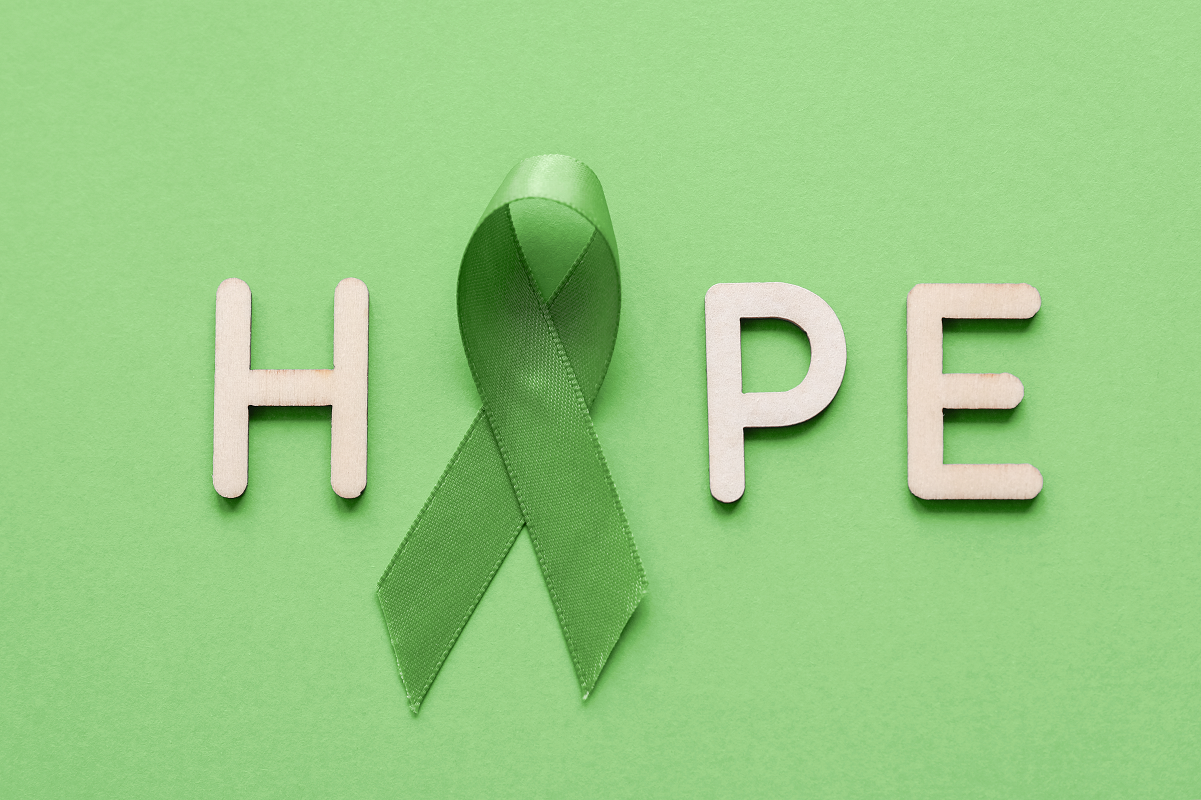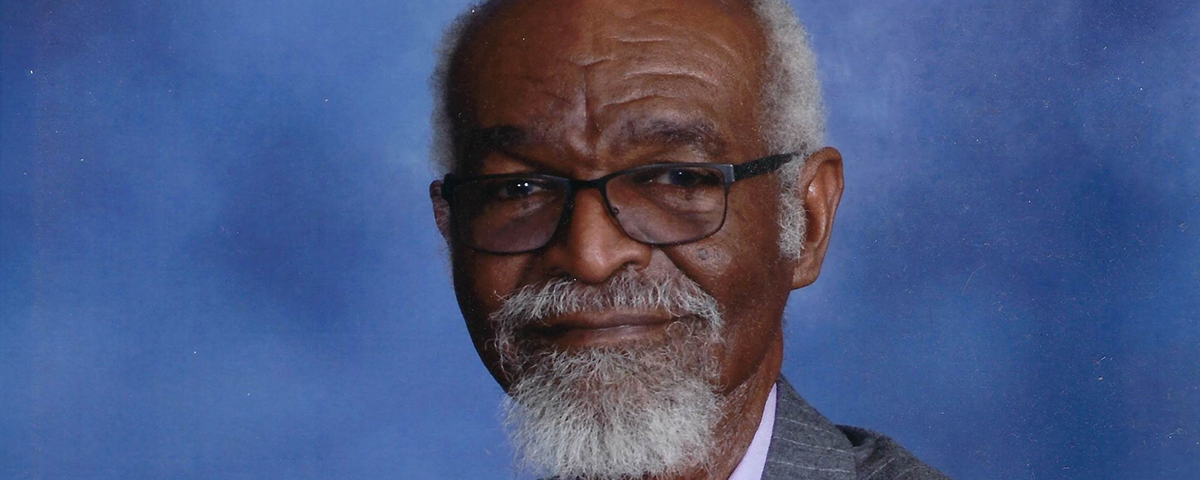
Lynne Alston: Why I’m grateful for researchers
October 14, 2019
Now Enrolling: Trial EA4181 is comparing three different chemotherapy treatments for newly diagnosed mantle cell lymphoma
February 9, 2020Planning early for late effects

 Late effects are long-term side effects of cancer – and its treatment – that can appear months or even years after patients finish therapy. Upon hitting the 5-year survival mark, most patients transition from their oncologist back to their primary care provider – who may know very little about the late effects of cancer and how to help people manage them. Heart problems, including an increased risk of heart attacks, blood vessel problems, including an increased risk of stroke, and lung problems, which can cause difficulty breathing, are all examples of late effects. Advocates may be able to help patients – and their primary care team – better plan for these long-term effects by improving their knowledge and awareness of these all-too-common medical problems.
Late effects are long-term side effects of cancer – and its treatment – that can appear months or even years after patients finish therapy. Upon hitting the 5-year survival mark, most patients transition from their oncologist back to their primary care provider – who may know very little about the late effects of cancer and how to help people manage them. Heart problems, including an increased risk of heart attacks, blood vessel problems, including an increased risk of stroke, and lung problems, which can cause difficulty breathing, are all examples of late effects. Advocates may be able to help patients – and their primary care team – better plan for these long-term effects by improving their knowledge and awareness of these all-too-common medical problems.
Gerald Green (pictured above) was diagnosed with tongue cancer in 1995, when he was in his mid-forties. Physicians did not expect him to live beyond 50. Today, nearly 25 years later, he has survived two additional cancer diagnoses (neck cancer in 1997 and prostate cancer in 2008), and serves as an active member of ECOG-ACRIN’s Cancer Research Advocates Committee.
Stories like Gerald’s are becoming more common – a fact worth celebrating. Yet, as people begin living longer after cancer treatment, they are experiencing side effects they did not anticipate; symptoms and conditions that do not appear until months or years after treatment has ended. These long-term side effects, or late effects, can greatly affect a person’s quality of life. Managing them successfully is an essential component of survivorship care.
“We need to stop talking about 5-year and 10-year survival,” Gerald explains. “People are now living 15, 20, even 25 years past their diagnosis, which is great, but they’re not the same people they were when they were first treated.”
Over the years, Gerald encountered a variety of late effects. He noticed changes to the sound of his voice, likely caused by radiation to his vocal chords. Radiation also affected his teeth, resulting in the loss of several of them, and the inability to receive implants. His throat is constricted, so he has to eat small portions – though fortunately he does not have trouble swallowing like many head and neck cancer survivors. Additionally, Gerald has neuropathy in his mouth and lips, which causes burning and tingling sensations. Medication helps with his neuropathy, but it is unlikely the condition will improve.
“I knew there would be side effects from the radiation,” Gerald says, “but every year, as life progressed for me, things changed.”
“What I would tell anyone who survived cancer is that it is going to be a journey,” says Gerald. “Your side effects may vary depending on the type of treatment you received, or the timing – but you are going to have side effects, and it is up to you and the people surrounding you to develop a strategy to mitigate their impact on your life.”
What Advocates Can Do
First, please share Gerald’s story, using the buttons below, to help raise awareness about this important survivorship issue. If you are interested in learning more about the late effects of cancer, email the ECOG-ACRIN Clinical Education and Awareness Team to receive updates on new initiatives related to this topic.
Gerald Green is a member of the Cancer Research Advocates Committee, a group of cancer survivors who recognize that late effects of cancer are an important survivorship issue. After several members of the committee discovered they share the problem of late effects, we decided to start a Late Effects of Cancer Working Group specifically to address this topic. Our primary goal is to support the development of clinical trials by the ECOG-ACRIN Cancer Research Group that advance the understanding of late effects of cancer and its treatment.

